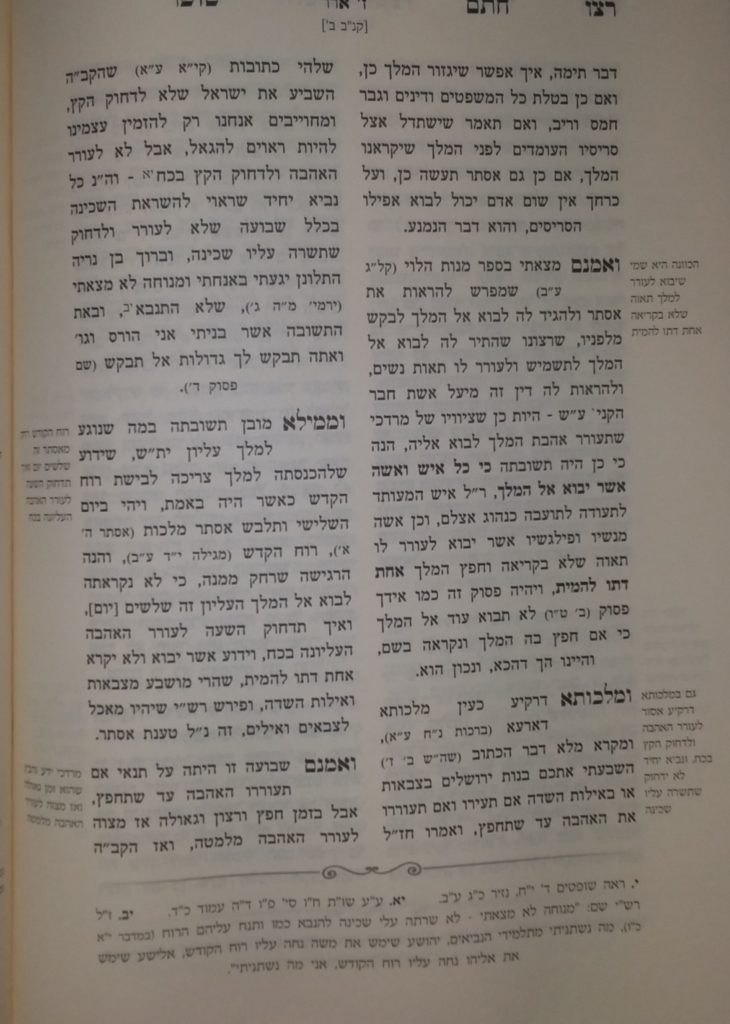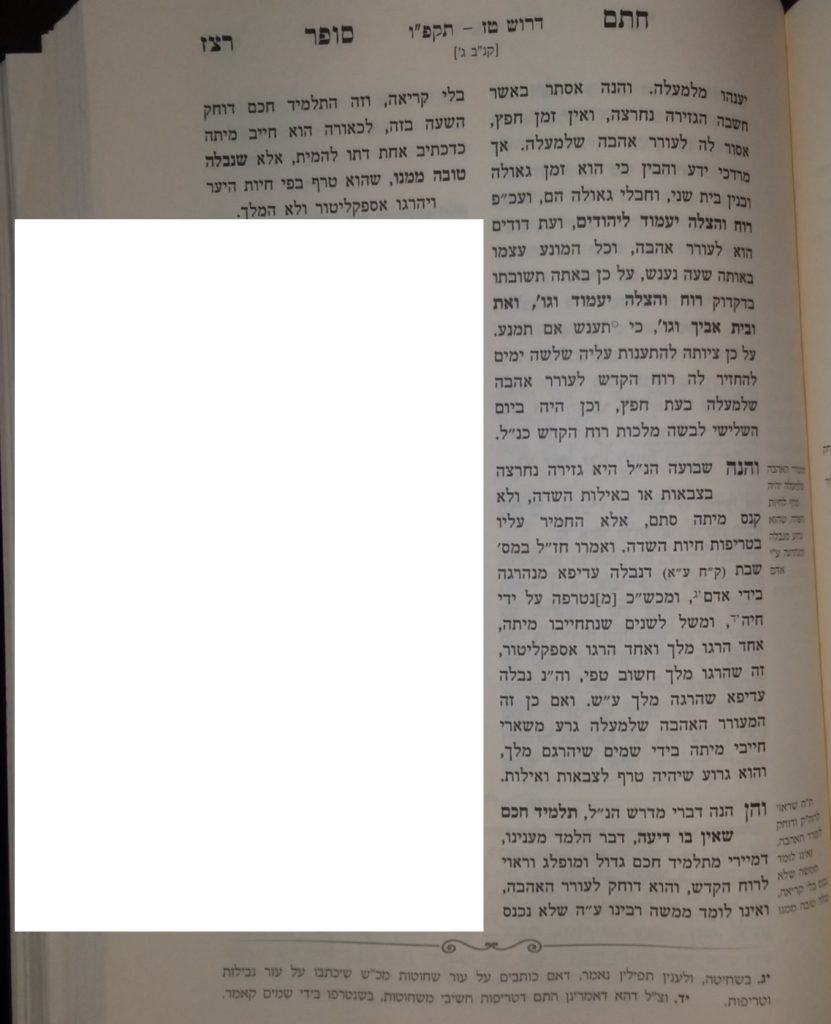I should re-read books in adulthood to gain a new perspective.
As a child, I once read Milchamos Hashem by Rabbi Avraham ben Harambam. He came across to me as a stern and unlikable rationalist (?!).
But now!
Now, I notice not only his respectful addresses and warm regards, and his humor and sarcasm, but also appreciate the need for severity in addressing perversions in Emunah.
When Rabbi Avraham says it’s not surprising they burned the Moreh, because Apustomus burned the Torah, he’s not being cynical, but invoking Chazalic logic, שאם יאמר לך אדם כלום יש עבד שמורד ברבו אף אתה אמור לו כלום יש בן שמורד באביו אלא הוה הכא נמי הוה.
On the other hand, when he says perhaps alternative reasons to the Moreh’s for Mitzvos can be found he is being justly ironic and dismissive, (contra uncomprehending Marc Shapiro in an oral class who doesn’t seem to have read the book as a whole in its intended spirit). Indeed, he later on remarks that the Moreh is “like refreshing water” for those seeking the truth.
In apologizing to the ever-present God for “wondering” whether Kissei Hakaovod is round like a globe, etc., he is not sanctimoniously inserting another “dig” against the opposing view. Rather, he genuinely displays the inimitable Yir’as Shamayim of the Rishonim we miss so badly.
Rabbi Avraham is not parochially lashing out at his family’s enemies, but honestly defending his opinion about the principles of Torah, and the accepted halachic authorities and also heading off Cursedian-like tendencies. He is admirably un-argumentative, such as when he patiently grasps the source of the misunderstanding about God’s “body” — i.e., it’s not enough Hashem not have human hands, He cannot take up physical space, either.
It takes experience to understand historical context (how certain ideas are abandoned or incorporated over time), or literary styles.
I still can’t see how every oath is needed, per the Chazon Ish (click here to start an automatic download of an essay on this), but I have the same puzzle with most Rishonim.
There’s more to say about both the work and the writer; this is a rough impression based on two Shabbos afternoons.


